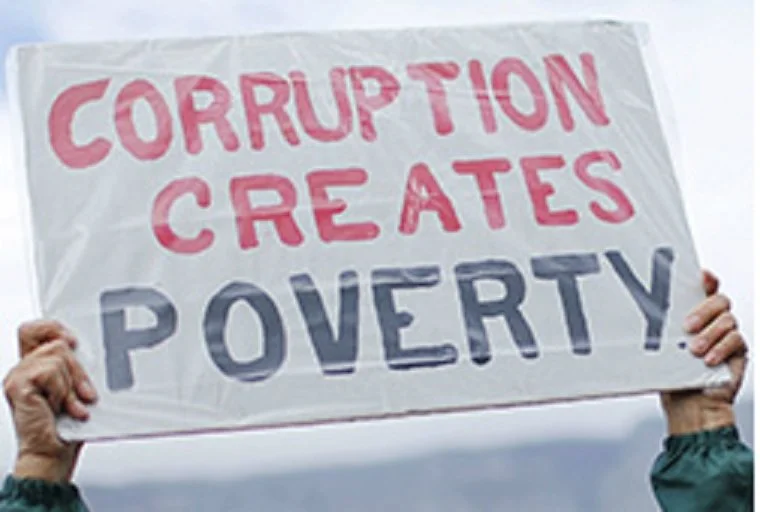In Zimbabwe, civil society organizations have historically played a significant role in the country’s affairs. This has included documenting cases of corruption and government mismanagement, which have long deprived citizens of their basic human rights. One area that has generated recent and due attention is asset recovery – and rightfully so. The Zimbabwe Anti-Corruption Commission estimates that $7 billion is illegally held in foreign bank accounts. Shockingly, this figure is equivalent to Zimbabwe’s entire principal external debt.
Therefore, while asset recovery is a high priority for the government, the country continues to face major challenges. This fact alone will make the contribution of civil society critically important moving forward, as civic groups can work with government and state institutions by providing information, increasing accountability, and building the necessary political will. Cooperation between these sectors will be imperative – and the gains made by working cooperatively will far outpace what either could accomplish alone.
These were indeed among the talking points during a recent dialogue on 9 December –International Anti-Corruption Day – to commemorate the launch of a discussion paper on the role of ‘Civil society organizations in asset recovery in Zimbabwe,’ which was commissioned by the local chapter of Transparency International. This was a timely discussion. For this year’s Anti-Corruption Day theme centered on the rights and responsibilities of all stakeholders in tackling corruption.
This high-level discussion was especially relevant for Zimbabwe, as the country was recently reviewed under the United Nations Convention Against Corruption (UNCAC) peer review process, a mechanism that assists states parties to implement provisions of the convention. Although the Zimbabwean government regrettably decided to make the report confidential, and thereby prevent the public from seeing its contents, a corresponding shadow report revealed that more political will and resources were needed to fight corruption.
In Zimbabwe, therefore, a shift from a focus on national authorities in asset recovery to civil society is necessary. Zimbabwean civil society groups have the capacity, the wherewithal, and have already played an important role in documenting cases of corruption, which help to facilitate asset recovery efforts.
Importantly, in Zimbabwe and elsewhere, asset recovery plays an important role in strengthening the key foundations of democracy and sustainable development. This includes the rule of law as well as strong, transparent, and accountable institutions – all of which are currently lacking in Zimbabwe. What’s more, civil society organizations can provide a powerful foundation for sustainable development by initiating efforts that combine “hard assets” (assets recovered) and “soft assets” (the conditions needed to recover assets) – ranging from the capacity of law enforcement institutions to the political will to fight criminal networks.
At this juncture, undertaking genuine asset recovery in Zimbabwe may seem far-fetched given the evident shortcomings that exist in government. But it’s not impossible, and it is a worthy endeavor. The government should make it a priority to improve asset recovery performance by harnessing the skills that already reside in civil society, thereby putting them at the service of the public sector — and the citizenry writ large. One easy way to accomplish this would be to both encourage and ensure greater collaboration between civic groups and Zimbabwe’s constitutionally sanctioned bodies – like the Zimbabwe Anti-Corruption Commission, for instance – that deal directly with and have expertise on corruption.
The recovery of stolen assets – as enshrined in the UN Sustainable Development Goals – presents an opportunity to mobilize important resources for the development of Zimbabwe. This is because asset recovery goes beyond merely returning stolen funds. Crucially, it helps to improve governance structures, contributes to more accountability and transparency, strengthens the rule of law, builds capacity in the judiciary, and it restores confidence in public institutions and government. These are all areas that clearly need improvement, and urgently so, in Zimbabwe. The path forward is clear.
Dr. Prosper S. Maguchu is an associate professor of law and a specialist in white collar-crimes and human rights issues.
DISCLAIMER: The views expressed in this publication do not necessarily reflect the views of Vanguard Africa, the Vanguard Africa Foundation, or its staff.

